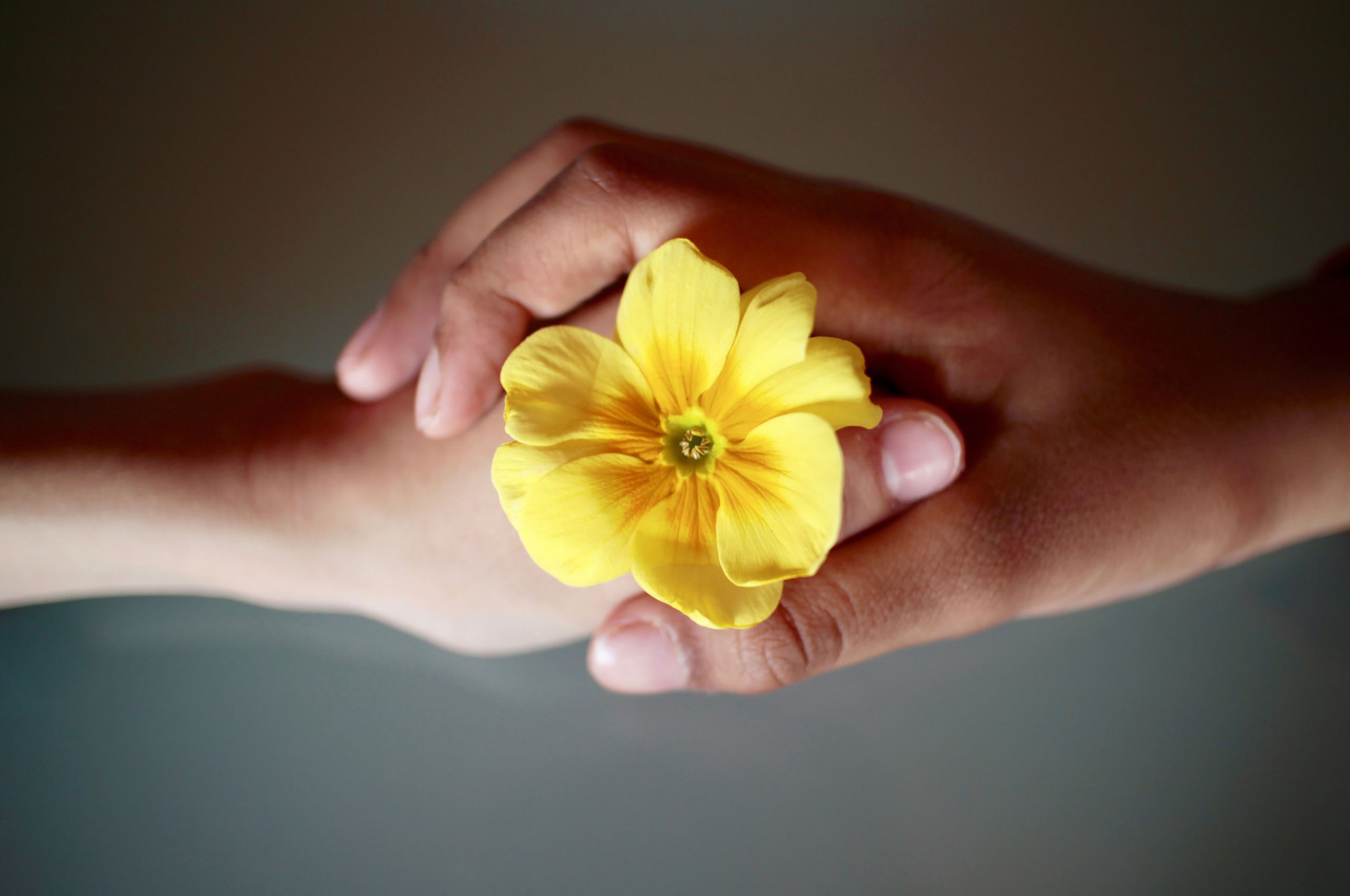Healthy relationships

Healthy and respectful relationships are an important part of our daily lives and can affect our wellbeing and mental health.
There will always be differences between people. However, being respectful means you accept them for who they are and vice versa, provided neither is trying to harm or control the other.
Conflict and disagreements are a normal part of life. Knowing how to respectfully disagree with someone’s opinion, but not attacking the individual or their personality is critical in both face-to-face and online communication.
Signs of a healthy relationship
Be positive, stay safe and respectful relationships are important. They are fundamental to your health and wellbeing. While any relationship can go through tricky times or encounter disagreements. At the end of the day, you should always feel safe in any relationship.
Healthy relationships are based on:
- Equality: where both people in the relationship feel they can talk about their experiences or speak their minds without feeling worried, scared or criticised
- Mutual respect: for who the other person is. You don’t always have to agree on everything, but you understand and respect each other’s values, opinions and boundaries.
- Trust: in each other without needing to control or be controlled
- Good communication: involves talking, listening and being heard
- Separate identities: you can both be yourself while being together
- Support: for each other in pursuing individual passions and interests.
Signs of an unhealthy or abusive relationship
Every relationship is different. However, the things that unhealthy and abusive relationships have in common are issues of power and control. Some of the signs that might flag that your relationship is not healthy and that your partner is being abusive include:
- checking of your phone, emails or social networks without your permission
- extreme jealousy or insecurity
- constant belittling or put-downs
- explosive temper
- isolating you from family and friends
- constant mood swings so you feel like you are 'walking on eggshells' a lot of the time
- physically inflicting pain or hurt in any way
- possessiveness
- telling you what you can and cannot do, who you can and cannot see
- financial control over how you spend money
- pressuring you to have sex.
Warning signs of an abusive relationship
If you are concerned about issues in your relationship or your gut instinct tells you that something is not quite right. Please seek out support and advice.
Support and resources
Internal support
- Safer Community: If you have any concerns about unacceptable behaviours including racism or any form of discrimination. You can seek advice and support from our Safer Community service.
- Counselling Support: Provides counselling support on a range of issues that may be affecting a person’s wellbeing.
- Tips for Healthy Boundaries [PDF 137KB] - A factsheet by Safer Community
External support
- 1800 Respect: If you are worried or unsure about the signs of unhealthy, abusive or violent behaviour in any of your relationships you can contact 1800 Respect on: 1800 737 732 or through the online chat on their website.
- Safe Steps Family Violence Response Centre - 24/7 support for Victorians
- The Line: Linked to Our Watch, the line provides some online resources for young people which focuses on relationships and issues that may arise.
- QLife: Provides counselling, information and referrals for LGBTIQA+ community.
- 13YARN: confidential, one-on-one yarning opportunity with a Lifeline-trained Aboriginal & Torres Strait Islander Crisis Supporter who can provide crisis support 24 hours a day, 7 days a week.
